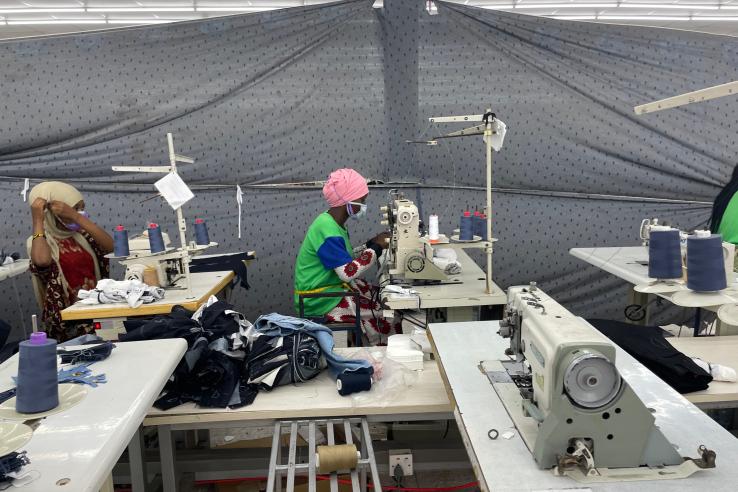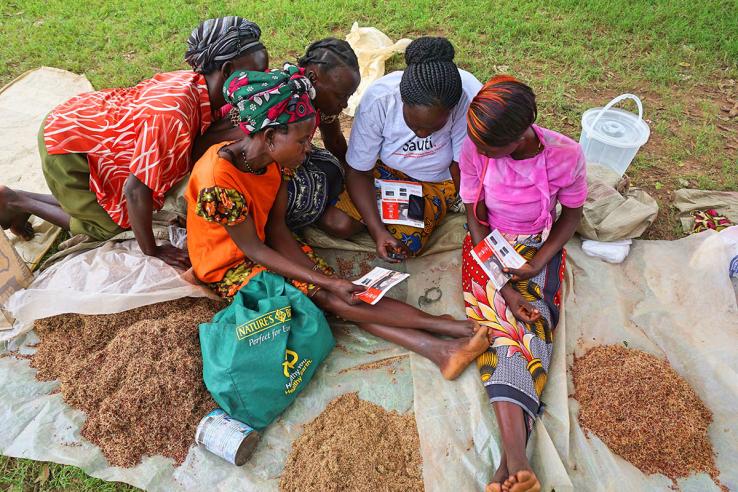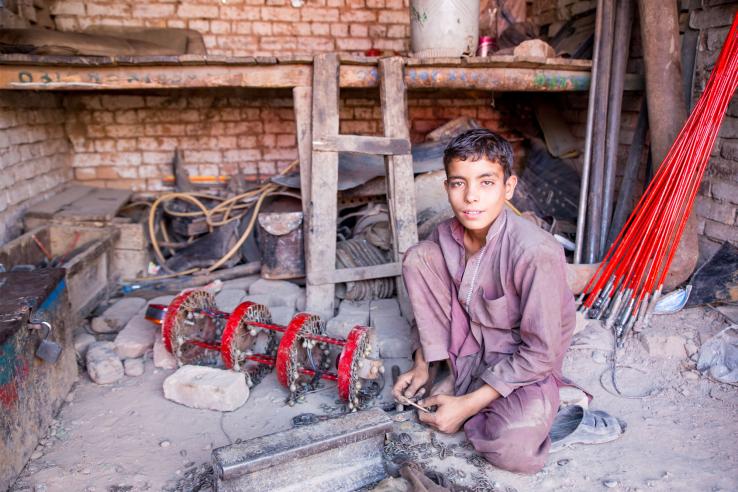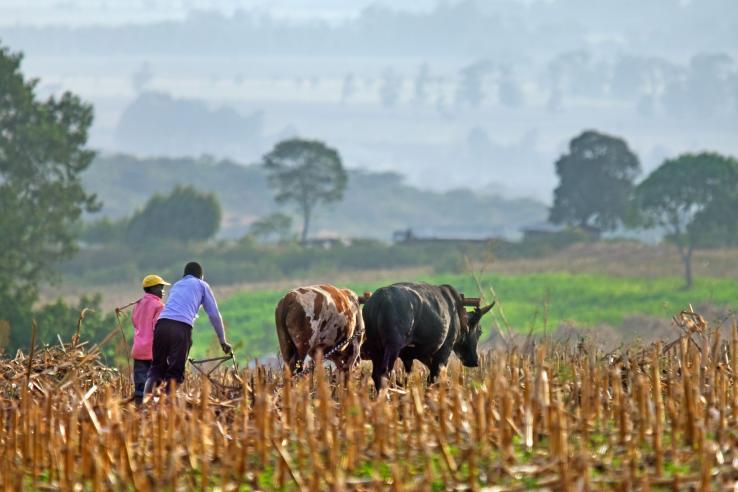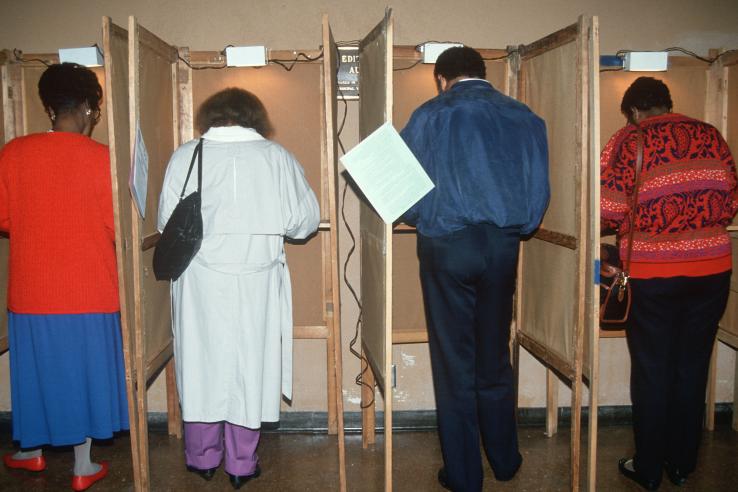Displaying 76 - 90 of 1291
Evaluation
In Tanzania, researchers are conducting a randomized evaluation to test the impact of factory employment and different compensation schemes on gender differences in labor market outcomes, taste for competition, and views on social and gender norms.
Evaluation
Researchers conducted a randomized evaluation to test whether reducing information disparities by giving access to critical market information through a mobile phone platform would improve traders’ profits and decrease incidences of corruption and bribery. Access to the mobile phone platform resulted in an increase in the likelihood of trading and trading being the primary source of income, profits, variety of goods sold, the number of viable buying and selling markets, official cross-border trade flows, as well as a reduction in consumer prices in selling markets.
Evaluation
Researchers evaluated the impact of providing teachers with access to high-quality online lessons and implementation support on student achievement in mathematics. Providing teachers with access to the lessons, reminders, and implementation support significantly increased student achievement.
Evaluation
Researchers conducted a randomized evaluation to assess employer discrimination by randomizing applicants' self-described gender and marital status on resumes submitted to prospective employers.
Evaluation
In this multi-part study, researchers, in partnership with the Ministry of Public Security of Mexico City and the National Security Commission, are evaluating how police organizations in Mexico City can be more effective, resilient, and trusted.
Evaluation
As of 2016, an estimated 151.6 million children aged 5 to 17 were engaged in child labor globally. For low-income households, economic shocks such as expensive accidents or illness are important determinants of child labor, as parents might have to send children to work for additional income. Researchers partnered with the National Rural Support Programme Insurance in Pakistan to introduce expanded health insurance services and evaluate the impact of insurance on child labor. The expanded insurance package reduced both the likelihood that children were working in a hazardous occupation and child labor earnings, especially for boys.
Evaluation
In partnership with a local dairy cooperative, researchers utilized a combination of evaluations and surveys to measure dairy farmers’ responses to various price and timing incentives. They found that farmers willingly declined daily payments at higher milk prices in favor of monthly payments at lower prices, a practice that allowed them to save and acted as a commitment device to meet their saving goals.
Evaluation
In this randomized evaluation in Zimbabwe, researchers studied how social media messages targeting misinformation can affect people’s beliefs about and responses toward Covid-19. The study found that these messages increased participants’ knowledge of Covid-19 information by 7 percentage points and reduced potentially harmful behavior, or noncompliance with lockdown guidelines, by 30 percentage points.
Evaluation
Researchers evaluated the impact of direct mail and phone calls on the turnout of Black voters in ten different states. Neither mailings nor phone calls significantly impacted voter turnout, perhaps due to the large volume of political messaging that voters had to navigate.
